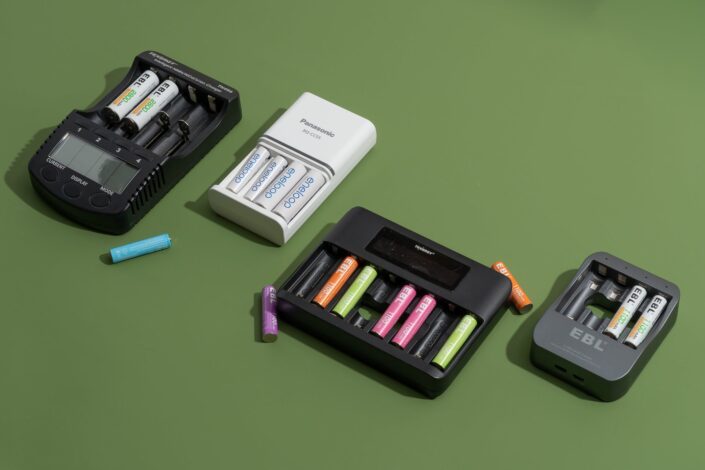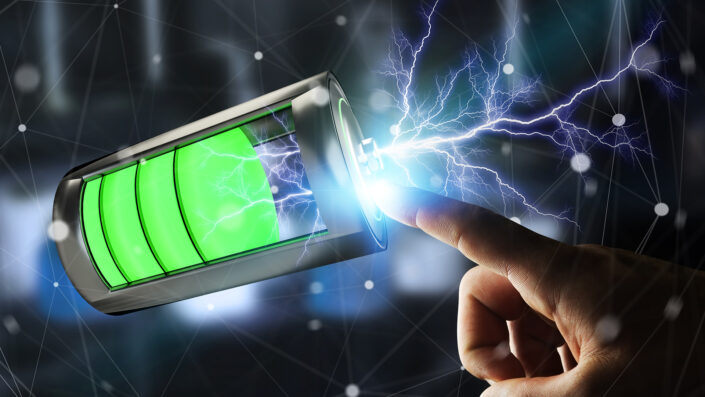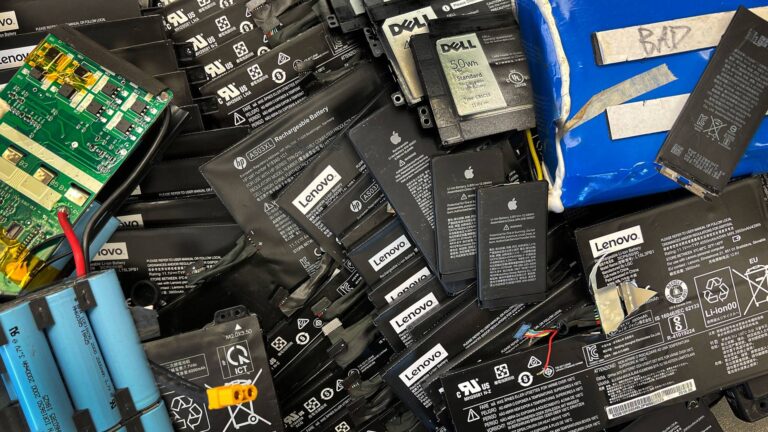Nowadays, batteries are found in a variety of products and have become essential components of modern society. From portable electronics like cell phones to larger items such as cars and buses, batteries power many everyday devices. But what exactly is a battery? A battery is an energy storage device that converts chemical energy into electrical energy by way of oxidation-reduction reactions.
The versatility and convenience offered by batteries make them invaluable for powering almost anything from the smallest watch to the largest industrial facility. This article will explore the various ways in which people rely on batteries for their daily needs as well as discuss some of the drawbacks associated with them.
Benefits of Batteries in Everyday Life
Batteries are an incredibly important tool in modern society, providing us with a multitude of conveniences and advantages. From powering our everyday appliances to facilitating renewable energy sources, batteries offer numerous benefits that make life easier. With their ability to store electrical charge and distribute power over extended periods, these devices have revolutionized how we use electricity. This article, will explore the different uses of batteries in today\’s world and discuss some of the major benefits they provide.
From powering medical equipment used by healthcare professionals to running small tools around the home or office, batteries play a vital role in keeping essential services running smoothly. Their compact size makes them ideal for applications where space is limited but reliable power is needed; they can be easily stored away and quickly brought back into action when required. Additionally, rechargeable batteries can be reused multiple times – making them cost-efficient solutions compared to single-use counterparts – while also reducing waste sent to landfills. The portability provided by small battery-powered gadgets has allowed us greater freedom than ever before; from smartphones that keep us connected throughout the day to tablets that double up as entertainment centers on long trips – batteries help bring technology closer at hand wherever you go!
Furthermore, advances in lithium-ion technology have enabled portable electronics like laptops and cameras to last much longer without needing recharging – perfect for those who need consistent access during work or leisure activities without having to worry about plugging into a wall socket every few hours. In addition to powering consumer electronics, batteries are now being developed as components of sustainable energy systems: from electric vehicles powered solely by battery packs through residential solar energy storage solutions using large-scale lithium-ion cells – technological advancements are continuously pushing boundaries towards greener lifestyles adapted around renewable resources such as solar and wind power generation.
Moreover, environmental concerns regarding traditional gas/diesel engines have led governments worldwide to introduce regulations designed to incentivize consumers towards alternative energies; meaning more efficient technologies relying heavily on advanced battery solutions will become increasingly commonplace within households across the globe over coming years – offering further potential benefit both economically (reduced fuel costs) and environmentally (lowered emissions). Overall it’s clear why many consider batteried devices so invaluable: due not only their convenience but also their capacity for supporting sustainability efforts at all levels – from individual households up to entire cities looking to switch off fossil fuels! The versatility offered by modern battery innovations means there’s no limit to what kind of purpose they can serve us next…
Types of Batteries Used for Different Purposes

Batteries are a vital part of modern society, powering our everyday lives. Different types of batteries serve different purposes and come in a variety of shapes and sizes. Primary cells, such as alkaline or lithium-ion batteries, provide the power to run devices ranging from remote controls to flashlights. Meanwhile, rechargeable secondary cells like nickel-cadmium (NiCd) and nickel metal hydride (NiMH) can be used in laptop computers and other electronic equipment that need frequent recharging.
Lead-acid storage batteries provide most of the energy for electric cars while button cell or watch batteries offer long life for small portable electronics like watches or hearing aids. With advancements in technology allowing better performance without increased size or weight, more advanced battery technologies such as lithium polymer are quickly becoming commonplace in handheld devices such as smartphones. Each type of battery has its advantages and disadvantages that must be considered when selecting one for a particular application.
Challenges and Opportunities for Battery Technology
Batteries have become a fundamental part of modern society, powering many everyday devices and providing clean energy solutions. However, the development of battery technology has been limited by several challenges and opportunities. For instance, current batteries are not cost-effective for long-term storage or large-scale applications. Also, their environmental impact is still an open question due to toxic materials such as lead and cadmium that are used in some types of batteries.
On the other hand, advances in material science offer new possibilities for longer-lasting, more efficient, and cleaner batteries which can enable further adoption in areas like transportation and communication networks. Moreover, improving existing battery technologies through better design will allow for increased performance while reducing costs at scale. Finally, continuing research into novel designs may provide breakthroughs that completely revolutionize how we store energy today. All these aspects make exploring the different uses of batteries in modern society an exciting challenge with great potential rewards along the way.
The Future of Battery Power

As the world moves towards a more advanced and modern society, battery power is becoming an integral part of everyday life. From powering phones and laptops to providing energy for electric cars, batteries are used in many different ways. The future of battery power holds great potential for technological advancement and environmental sustainability. As technology advances, so too will our ability to create ever-smaller yet powerful batteries that can store more energy than ever before.
These advancements will lead to the use of renewable sources such as solar or wind power being incorporated into the development of new batteries, allowing them to be reused while reducing the amount of waste they produce. Additionally, advancements in battery technology could lead to increased efficiency when it comes to charging devices or running applications on mobile phones and other portable devices which would make them even more useful in day-to-day life. Ultimately, with further research into better materials and improved designs, we may see a revolution in how we use batteries in our daily lives – from powering homes right through to keeping us connected wherever we go!

